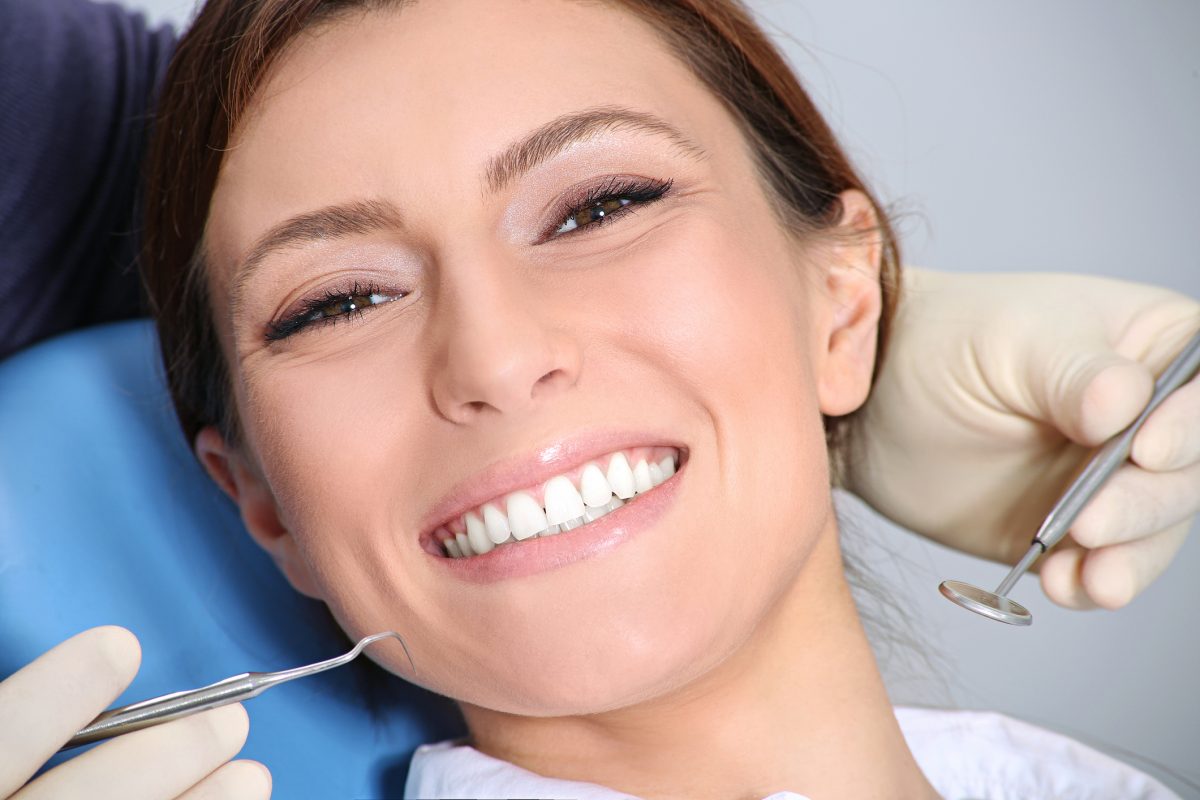
What to Expect with Dental Exam and Teeth Cleaning in Litchfield MN
Six-month preventive dental visits are important for not only ensuring your long-term dental health but also reducing the risk of emergencies. These visits typically involve professional teeth cleaning to remove tartar (hardened plaque) that may contribute to dental issues such as decay, gum disease, and bad breath, among others.
Dental Exam
Most hygienists perform the oral evaluation before teeth cleaning, as it may reveal that you need a full-mouth debridement (cleaning above and below the gums), as opposed to standard teeth cleaning of the exposed part of the teeth (above the gum line). During a routine oral evaluation, you can expect:
- Physical assessment of the state of your mouth. This involves an evaluation of your teeth, tongue, lips, mouth, jaws.
- Periodontal probing – checking gum health by physical examination and measuring your gum pockets
- X-rays are not necessary during routine dental cleaning. But your dentist may recommend them to assess the extent of decay inside or between affected teeth. Depending on the results, you may need to schedule for scaling and root planing in addition to teeth cleaning.
Teeth Cleaning
After the examination, the dental hygienist will clean your teeth using special tools to remove tartar, through a process known as scaling. Next, the teeth will be polished using a gritty paste. This process is used to remove any surface stains. Finally, the hygienist uses dental floss to clean the area between your teeth.
Additional services may be necessary to ensure your optimal dental health, such as:
- Gingival irrigation – It involves spraying a stream of medicated water in the problem areas to remove bacteria hiding in areas that are hard to reach with a toothbrush or dental floss to remove food debris and accumulated bacteria. This helps to reduce the size of gum pockets and improves your overall oral health.
- Fluoride varnish – The dentist may recommend fluoride treatment to remineralize teeth with severely thin tooth enamel, to manage hypersensitivity caused by thinning enamel, or to prevent decay.
Keep in mind that your oral health is connected with your overall health. So during your dental exam, the hygienist can identify the signs of certain medical conditions and diseases, such as nutritional deficiencies, diabetes, hormonal irregularities, and so on, and recommend the appropriate action to help manage them and correct the problem.
To learn more about routine dental exams and cleanings, schedule your appointment with your family dentist in Litchfield today!


